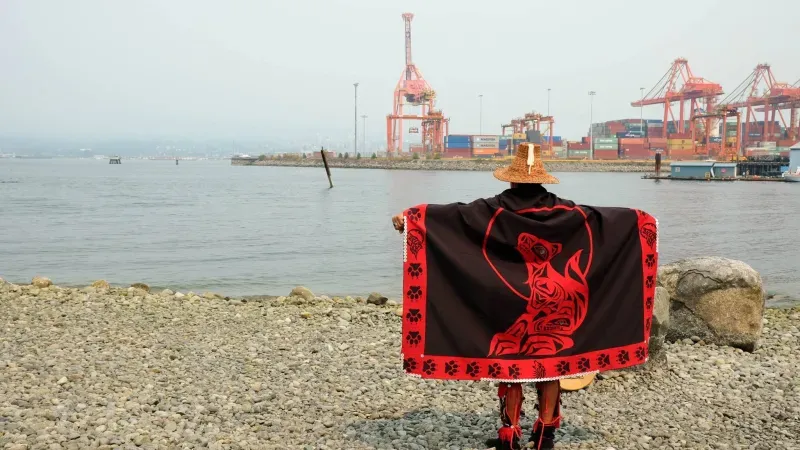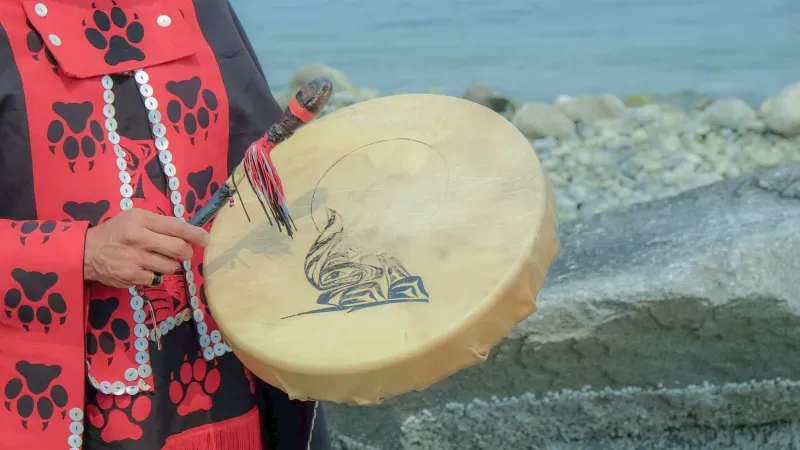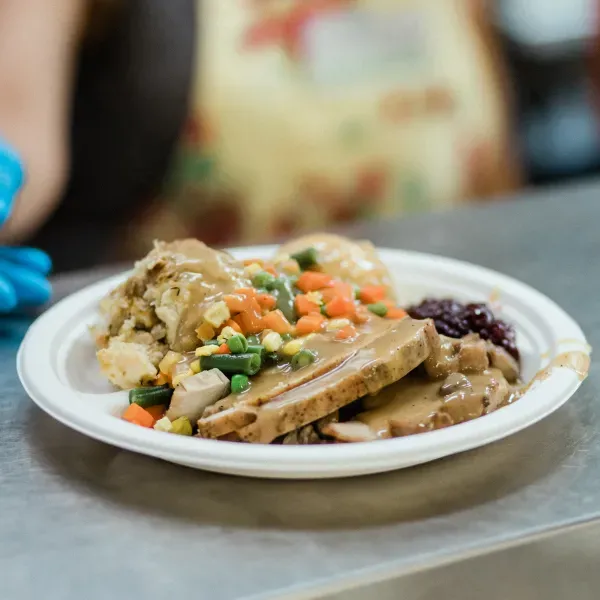The past few weeks we have all been grappling with the racist violence that has shaken our world. We have refocused our attention on the deep pain being inflicted on minorities, whether they be Black, Indigenous or People of Colour (BIPOC). More than ever, we are becoming more aware of the deeply rooted racism that remains present in our lives: In Canada, Vancouver, the Downtown Eastside, and, yes, even here at UGM.
As a faith-based organization, we condemn all racism of any kind. To be clear: We have no tolerance for racism at UGM. Racism is contrary to the heart of our mission: to demonstrate the love of Christ by serving without discrimination — overcoming poverty, homelessness and addiction — one life at a time.
While we condemn racism, we need to acknowledge the painful reality that this injustice exists all around us — and even within us — in systemic, repugnant and devastating ways. As sad, confusing, and angering as it is, we know that racism is a problem that remains pervasive in our country, city, and organization. In light of that, UGM is firmly committing to doing better to be anti-racist: to humbly and persistently dismantle and deconstruct the tools of oppression, colonialism and white supremacy that continue to devastate our community. What has happened in the past few weeks has been a long-overdue wake-up call for our world, including us at UGM. It’s not easy to talk about racism, but we must. And that means talking about uncomfortable truths we might rather ignore today, or pretend didn’t happen in the past.
We need to ask ourselves hard questions about where racism may have taken seed at UGM, where it may have been historically inherited and where it remains inexcusably active. We must acknowledge that a disproportionately large percentage of our guests are Indigenous. The land on which our seven UGM buildings stand is the traditional unceded territory of the Coast Salish Peoples: the Musqueam, Squamish and Tsleil-Waututh Nations (Vancouver), the Katzie and Kwantlen Nations (Surrey), the Qayqayt Nation (New Westminster) and the Sto:lo Nation (Mission).

Indigenous peoples across Canada face ongoing systemic racism and have faced racism for centuries: from dispossessing them from their land and forcing them onto small reserves to instituting racist laws like the Indian Act to devastating families through residential schools.* Through it all, the Christian church inflicted incredible pain and trauma, notably teachings aimed at assimilating Indigenous Peoples into white Canadian society and stripping them of their languages and cultures: forced conversions, culture shaming, to name a few.
This has led to mass devastation and intergenerational trauma for Indigenous peoples, including being unequally affected by homelessness and the opioid crisis, and Indigenous women and girls being more likely to go missing or be murdered. The Truth and Reconciliation Commission of Canada gathered oral histories of many who were involved in residential schools and is well worth revisiting at this time. When the commission was happening, many at UGM experienced a huge wake-up call while listening to this testimony and taking part in reconciliation events. We are still learning and growing from what we heard and experienced.

In the face of all of this, UGM recognizes we are far from perfect. While we must outwardly denounce racism against all minorities, including those who are Black, Indigenous, and People of Colour (BIPOC), we also must inwardly confront and dismantle the systems of racism that may be present here. We have made many small efforts over the years, through cultural awareness training, education on Indigenous needs and intersectionality, reconciliation events, and policy changes, but we know these have been partial and without the necessary consistency. This is a problem and we need to be better.
To that end, the organization will enter a new stage of listening, learning, and creating change. We humbly admit right now that we don’t have all the answers, but we commit to deep soul-searching as we actively take these initial first steps:
- As an organization, our staff and leadership will be checking our own privilege, including white privilege, and examining the ways we may mitigate, combat, or contribute to racism. This involves taking the responsibility on ourselves to listen, learn, and create safe spaces for our BIPOC community to share their experiences, rather than expecting our BIPOC community to shoulder this burden
- Seeking internal and external experts to make recommendations on how we can dismantle systems that unjustly discriminate.
- Giving voice and space to our BIPOC community, including guests and staff.
- Respecting the dignity, value and experience of our BIPOC community by more accurately representing and celebrating its diversity, and by elevating their voices, experiences, and stories.
We know our response will not be perfect, but we know that we need to take action, and we commit to becoming better. This is just the beginning of the conversation and much more work needs to be done. In the meantime, please know that if you are Black, Indigenous, or a Person of Colour, you belong at UGM and your contributions to combating racism are a vital part of how we are responding. To those who have experienced racism and discrimination in our community, or in our organization in the past, we deeply apologize.
Because we are seeking long-term and systemic change, we recognize this will take long-term work over days, weeks, months and years. We are going to be looking for and listening to the BIPOC community and other voices who have been working at this for a long time, and take it upon ourselves to learn from them. We would encourage any people of privilege and organizations to do the same.
Through this journey, we must become better – better at listening, better at serving, and ultimately better at our mission: demonstrating Christ’s love without discrimination and overcoming poverty, homelessness and addiction – one life at a time.
Do you have questions, comments or concerns about this post? Please send an email to socialmedia@ugm.ca
*For more information, see resources below:
Racist Colonial Policies & Practices
Community Impact on Indigenous Peoples
**feature photo from Unsplash


